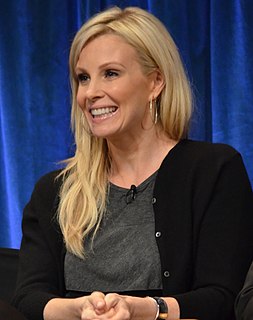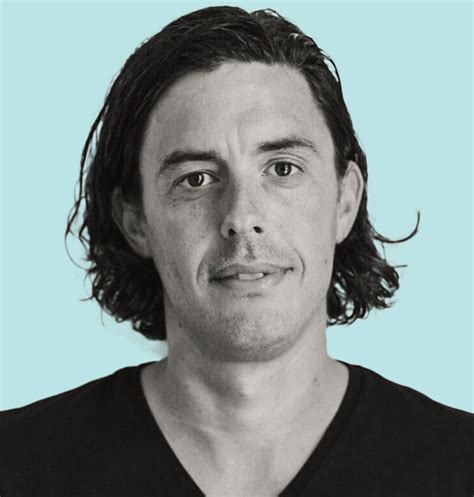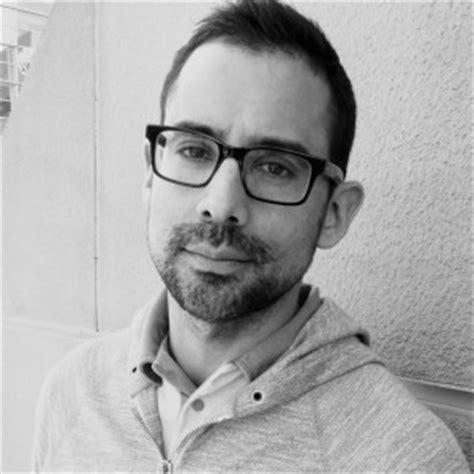A Quote by Anna Journey
I like to work with multiple sections because they lend themselves to the structure of the poem: its intensifications and arcs and closures. I feel like working with smaller units feels more natural to the way I write poems.
Related Quotes
I've always been intrigued with the male characters in novels like 'Pride and Prejudice' such as Mr. Darcy, and this poem is part of a series of poems that explore desire and obsessions. The poems have been sitting in a drawer for a few years, so I decided to dust them off and work on them again since I have not written a new poem in more than three years. I'm not sure anything will become of the series, but at least it gives me something to work on in a period where I feel very uncreative.
There's a marvelous sense of mastery that comes with writing a sentence that sounds exactly as you want it to. It's like trying to write a song, making tiny tweaks, reading it out loud, shifting things to make it sound a certain way... Sometimes it feels like digging out of a hole, but sometimes it feels like flying. When it's working and the rhythm's there, it does feel like magic to me.
I started out in graduate school to be a fiction writer. I thought I wanted to write short stories. I started writing poems at that point only because a friend of mine dared me to write a poem. And I took the dare because I was convinced that I couldn't write a good poem... And then it actually wasn't so bad.
I wrote a number of poems about Kah Tai lagoon, when Safeway was building that huge, ugly store down there where I used to love to watch the birds nest. That political poem, or environmental poem, was unsuccessful because Safeway built there anyway. And yet the poem has something to say today, as it did then. And I speak here only of my own poems. The agenda for every poet has to be different because most of us write from direct human experience in the world.
I know that one of the things that I really did to push myself was to write more formal poems, so I could feel like I was more of a master of language than I had been before. That was challenging and gratifying in so many ways. Then with these new poems, I've gone back to free verse, because it would be easy to paint myself into a corner with form. I saw myself becoming more opaque with the formal poems than I wanted to be. It took me a long time to work back into free verse again. That was a challenge in itself. You're always having to push yourself.
I like the little chess match of how people move through space. I'm not comparing myself to Michelangelo with this analogy, but he said when he sculpts it's like finding the sculpture within. It feels that way when you are with actors, too. There's a natural way to do this with a natural language that flows and feels like real people talking. And you've just got to find it. So I enjoy that part of the process.
I feel like the older I get, the truer it feels that I'm only going have an investment in a poem if it allows or forces me to bring something that's supremely me onto the page. I used to think that the speaker of a poem was talking to someone else, to some ideal reader or listener, but now I think that speakers - poets - are talking to themselves. The poem allows you to pose questions that you have you ask of yourself knowing that they are unanswerable.
It was early on in 1965 when I wrote some of my first poems. I sent a poem to 'Harper's' magazine because they paid a dollar a line. I had an eighteen-line poem, and just as I was putting it into the envelope, I stopped and decided to make it a thirty-six-line poem. It seemed like the poem came back the next day: no letter, nothing.






































